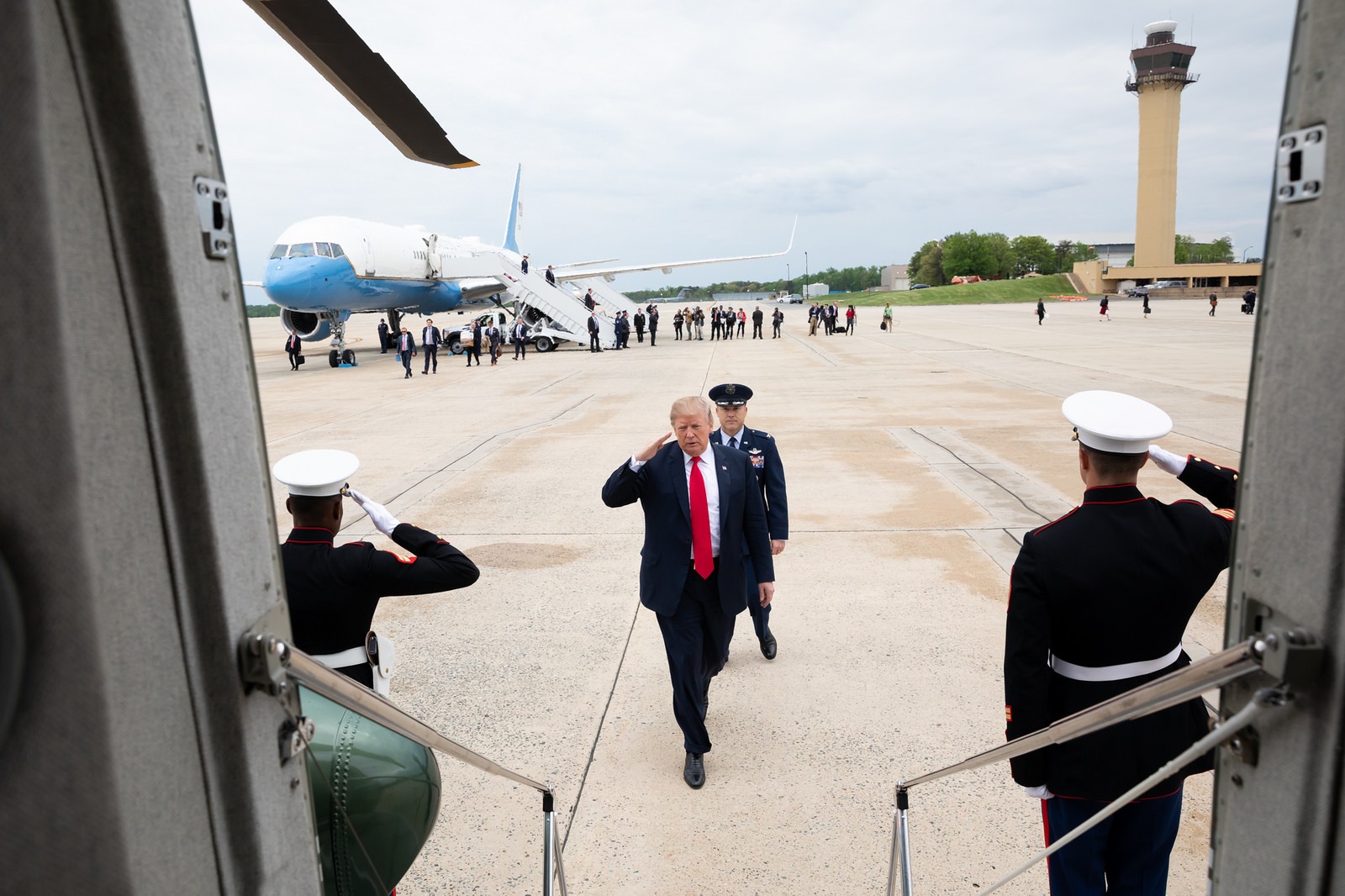
President Trump declared on Tuesday that he was withdrawing from the Iran nuclear agreement, which he called a disastrous deal, defying pleas from America’s close European allies, who had called for the accord to be preserved. Mr Trump, however, won strong backing from Saudi Arabia and Israel.
The 2015 deal, known as the Joint Comprehensive Plan of Action, was the key foreign policy achievement of Barack Obama’s presidency, curtailing Iran’s nuclear programme in exchange for limited sanctions relief. The prospect of free access to international oil markets and accelerating flows of investment were among the carrots that persuaded Tehran to sign up to the agreement.
Mr Trump promised to tear up the deal as part of his 2016 election campaign, saying the agreement was a failure because it would not crack down on Iran’s ballistic missile activities and its involvement in the bloodiest proxy wars of the Middle East. Mr Trump also objects to the accord’s sunset clause, which allows Iran to resume part of its nuclear programme after 2025.
Emmanuel Macron, the French president, and Angela Merkel, German chancellor, made the pilgrimage to Washington to lobby Mr Trump in person to save the agreement. They came away with nothing. Their failure is very similar to what happened with the Paris climate accord.
The US Treasury will reimpose all nuclear-related sanctions that applied before the 2015 deal. Washington is also considering new penalties. The US Treasury has said multinational companies with existing contracts will have between 90 and 180 days to extract themselves from their Iran dealings before becoming subject to penalties.
A host of new restrictions will test the Iranian economy, which is already under strain. Iran’s oil exports currently stand at 2.5m barrels a day. More than 1m b/d of Iranian oil could be taken off world markets under a new round of sanctions. Brent crude oil, the international benchmark, rose as high as 3.1 per cent to $77.18 on Wednesday, the highest level since late 2014.
The US has said it wants to negotiate a broader deal with Iran that addresses Mr Trump’s concerns. Federica Mogherini, the EU’s foreign policy chief, has said that the EU is determined to keep the 2015 agreement still working, echoing sentiments from many of the EU’s capitals. That raises the prospect of a trans-Atlantic clash.
The EU has been examining a revival of so-called blocking sanctions devised in response to US measures against Iran, Libya and Cuba in the 1990s. But it would be hard for any company with businesses and financial ties to the US to continue doing business in Iran as the risk is too high. The US imposed a $9 billion fine on BNP Paribas, the French bank, in 2014 for violating sanctions against Iran, Cuba and Sudan.
Iran’s centrist president Hassan Rouhani said that Tehran would take no immediate action to restart uranium enrichment and decide whether to stay in the deal after talking with the other signatories over the next few weeks. The supreme leader Ayatollah Ali Khamenei said that Iran’s commitment to the deal would depend on Europe’s guarantees about its implementation.
The Islamic Republic, however, claims the right to restart uranium enrichment and to pursue its ballistic missile programme, raising the risk of regional confrontation with Israel and Saudi Arabia.
Official White House Photo by Andrea Hanks